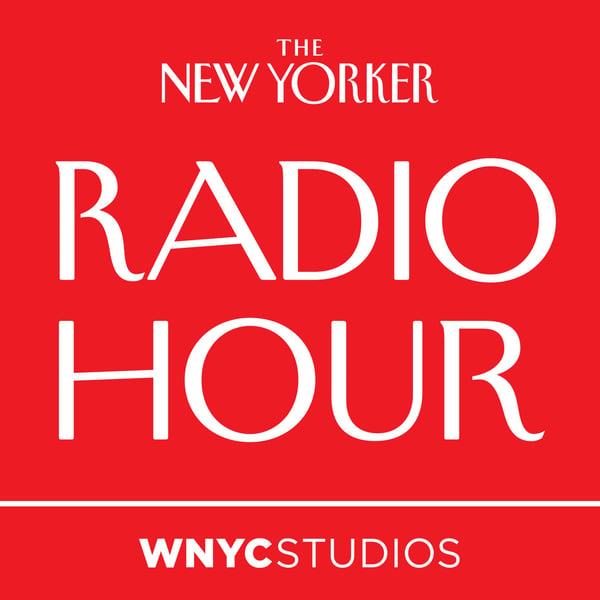The Man Who Escaped from Auschwitz to Warn the World
The New Yorker Radio Hour
WNYC Studios and The New Yorker
4.2 • 5.5K Ratings
🗓️ 11 November 2022
⏱️ 35 minutes
🧾️ Download transcript
Summary
Rudolf Vrba was sent to Auschwitz at the age of seventeen, and, because he was young and in good health, he was not killed immediately but put to labor in the camp. Vrba (originally named Walter Rosenberg) quickly discovered that the scale of the killing was greater than anyone on the outside knew or could imagine, and Jewish communities were being deported without understanding their fate. Jonathan Freedland chronicles Vrba’s story in his new book, “The Escape Artist.” The young Vrba had a “crucial realization, which is [that] the only way this machine is going to be stopped—this death machine—is if somebody gets the word out,” Freedland told David Remnick. Freedland recounts how, against terrible odds, Vrba managed to escape the camp, and provided direct testimony of the Holocaust that reached Allied governments.
This interview was recorded at a live event at the Museum of Jewish Heritage—A Living Memorial to the Holocaust.
Transcript
Click on a timestamp to play from that location
| 0:00.0 | This is The New Yorker Radio Hour, a co-production of WNYC Studios and The New Yorker. |
| 0:11.7 | Welcome to The New Yorker Radio Hour, I'm David Remnick. |
| 0:15.2 | In 1986, I went to see Shoah, Claude Lonsman's film about the Holocaust. |
| 0:21.2 | And to this day, I'm pretty certain that it's not only a master work, but the greatest |
| 0:25.3 | achievement in documentary film. |
| 0:28.2 | Then got remarkable interviews, an SS officer who was at Treblinka, a barber at the same |
| 0:34.0 | camp, a Polish railway worker who under duress helped drive the locomotive pulling box |
| 0:39.7 | cars filled with Jews to the death camps. |
| 0:43.8 | And then there was Rudolf Verba. |
| 0:46.6 | Verba was sent to Auschwitz when he was just 17 years old. |
| 0:50.6 | And when he appears in the documentary, Shoah Verba is still in middle eight. |
| 0:53.8 | He's immensely alive, he's handsome, oddly cheerful, and absolutely unwilling to talk |
| 0:59.5 | in cliche. |
| 1:00.7 | He told his story with startling clarity. |
| 1:03.6 | How despite the odds, he had decided to escape and tell the world of the horrors of Auschwitz. |
| 1:10.5 | This astonishing story is told in a new biography by the British journalist Jonathan Friedland. |
| 1:16.8 | Its title is The Escape Artist. |
| 1:19.3 | And I spoke with Friedland at the Museum of Jewish Heritage in New York. |
| 1:26.4 | I'd like to know to begin how you found your story and why you found it to be so essential |
| 1:34.0 | that you were going to give all your time to it for a while. |
| 1:37.3 | The answer comes almost in two parts about when did it come to me as a subject. |
| 1:41.1 | On one level, it came to me age 19, which is relevant because the man we're talking |
... |
Transcript will be available on the free plan in -872 days. Upgrade to see the full transcript now.
Disclaimer: The podcast and artwork embedded on this page are from WNYC Studios and The New Yorker, and are the property of its owner and not affiliated with or endorsed by Tapesearch.
Generated transcripts are the property of WNYC Studios and The New Yorker and are distributed freely under the Fair Use doctrine. Transcripts generated by Tapesearch are not guaranteed to be accurate.
Copyright © Tapesearch 2025.

